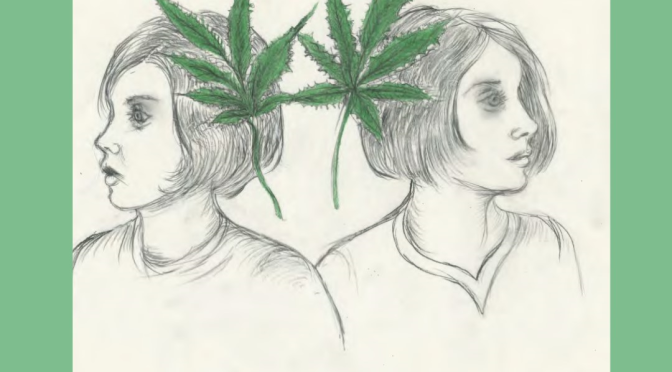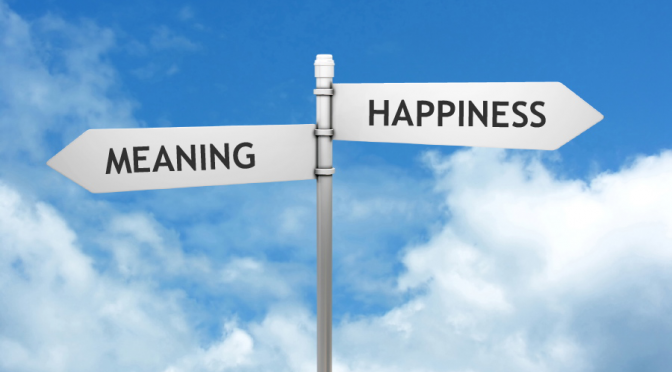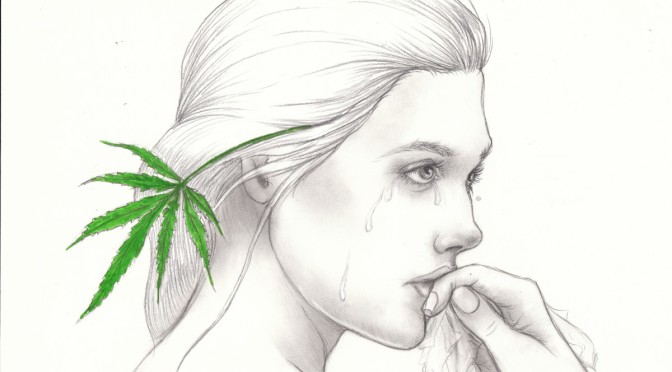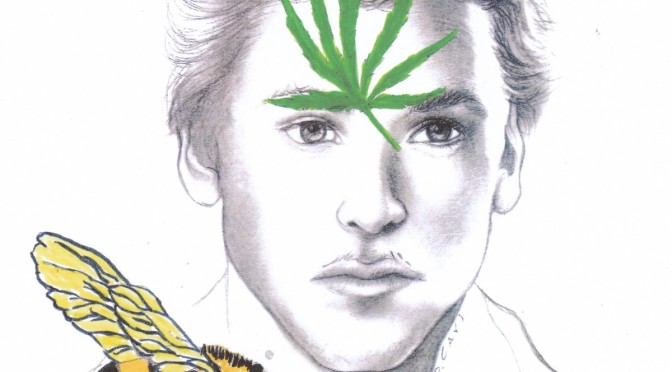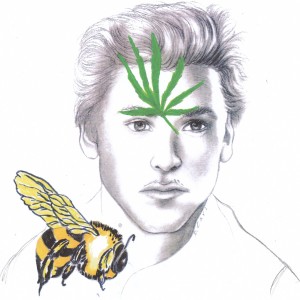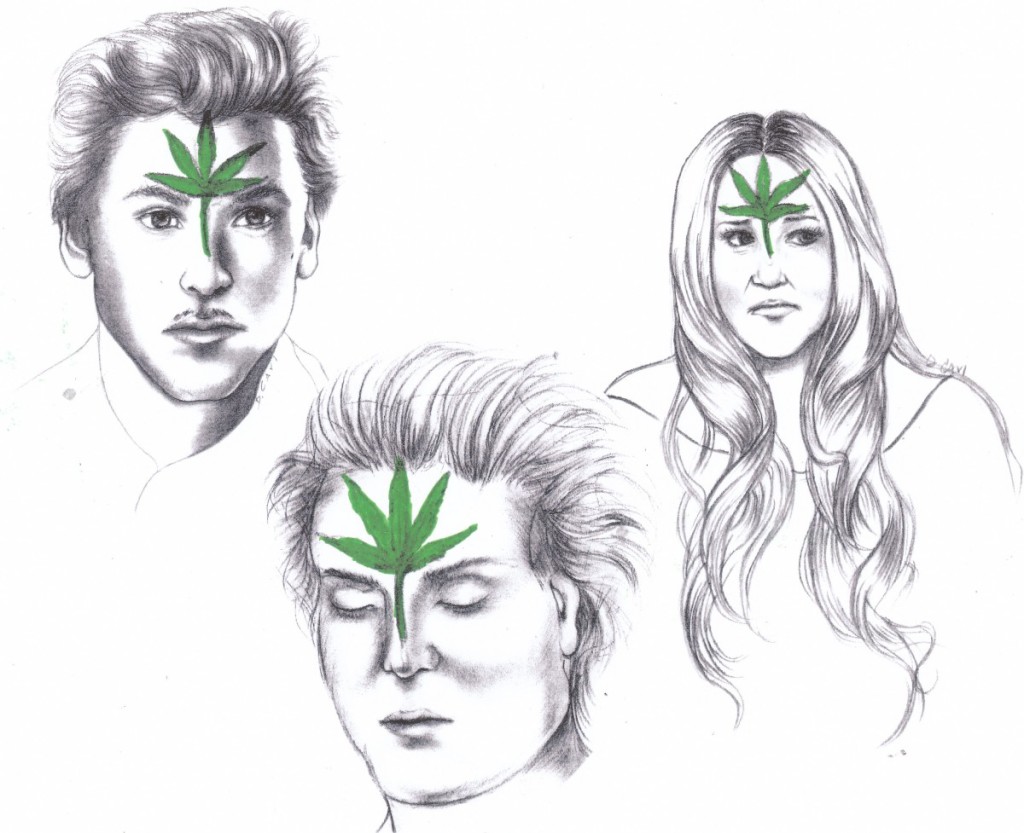Practicing psychiatry is very tricky. Heavy-duty pills have serious side effects. To some observers, psychiatric medications are prescribed only to make money and psychiatrists are seen as evil witches casting spells. The world is not so simple, as there are psychiatrists working to get patients off medications.
A number of websites such as Mad in America and Beyond Meds channel gripes against Psychiatry and its medications. At the same time, there’s been a flood of people suffering from mental health and addiction problems in need of treatment. Forbes Magazine recently reported that there’s a shortage of psychiatrists in the USA.
Politics of Mental Health Treatment
We suspect that veterans with PTSD* and marijuana use are promoting the increased demand for psychiatrists. Back in 2005, SAMSHA and ONDCP tried to warn Americans that teen marijuana use can introduce mental health problems in those with no previous issues. The DSM manual, which is like a Bible for Psychiatry, gives guidelines for diagnosing and treating symptoms.
Parents Opposed to Pot recommends staying free from marijuana and other drug abuse as the best defense against having a psychiatric condition. The turbo-charged marijuana of today puts a far greater number of people at risk than the weaker pot of the ‘70s. In Colorado and Washington, dispensaries sell marijuana that averages 22 to 28% THC, compared to 1-4% back in hippy days.
Providence St. Peter’s Hospital in Olympia, Washington reports of 1-2 new psychotic patients every day because of “dabbing” mariju- ana extracts. A standard treatment is to give an anti-psychotic medication, Risperdal, and then release the patients. However, if there is underlying addiction, the brain needs to be off mind-altering drugs before a mental health assessment.
Changes in HIPAA Law could put more checks and balances on Psychiatry. Because of HIPAA Law, families are not allowed to know enough. An ideal system of mental health treatment would pull together families and psychiatrists and patients. When Representative Murphy introduced a mental health care reform bill two years ago, many people supported it because it promised to change HIPAA. However, the ACLU and patients’ rights groups fought this provision and a bill passed the House without making this crucial change.
If the Affordable Health Care Act is revised, Congress should not cut insurance coverage for mental health care or addiction treatment.
Psychiatric Practices and System Called into Question
Often insurance will not pay for optimal addiction treatment unless there is an underlying mental health diagnosis. Even when there is a mental health diagnosis, treatment also fails if patients are released from hospitals prematurely.
The Washington Post reports of a Maryland mother who suffocated two children after she was released from a psychiatric hospital too soon. This unfortunate woman, Sonya Spoon, had suffered from abandonment at four months age, lived in orphanages and suffered from a head injury at age 18. Her adoptive mother had warned the doctors against releasing her from the hospital too early, before an antidepressant could take effect.
Despite complete failure in the mental health care system, the criminal justice system sentenced her to 45 years in prison. It is tragedy on so many levels for both her and the two toddlers she killed. Unfortunately, the prison system is filled with both addicts and those suffering from untreated mental health disorders.
Beginning in the Kennedy Administration, a movement to de-institutionalize mental health patients began. Psychiatry hoped that medications could replace institutions. Pharmaceutical companies jumped at the opportunity, produced new drugs and marketed them vigorously. It would be nice if “magic pills” really did work all the time, but they often cause additional problems and outlive their usefulness.
Everyone admits there are failures in the mental health care system, and many of Psychiatry’s critics want to eliminate all pills and forced treatments. However, plenty of people believe psychiatric pills help them. (Please see comments below by Jane Thompson whose medications bring relief to Bipolar Disorder.) To think all psychiatric medications are worthless is like thinking all mental illness develops because the parents are evil. Amateurs should never tell others not to take their psychiatric meds.
Psychiatry Lags Behind Other Branches of Medicine
Some branches of medicine, such as those that treat cancer and heart disease, have made great strides in the past century. Unfortunately, Psychiatry has not. Many doctors besides psychiatrists are known to . Books by Robert Whitaker, Joanna Moncrieff, MD and others call into question the overuse of psychiatric drugs. Whitaker’s Anatomy of an Epidemic, 2010, won the IRE award for investigative journalism. Whitaker is not totally anti-psychiatry as some people maintain. He has stated: … “It (Psychiatry) has a duty to develop selective-use protocols, which seek to minimize long-term use of antipsychotics (and other psychiatric medications). I also believe that our society should provide the resources to enable this rethinking of the drugs.”
No doubt Bipolar Disorder has been overdiagnosed. Some individuals and professionals have classified drug and alcohol abuse as “medicating an underlying bipolar disorder.” This interpretation excuses and dismisses the serious consequences of substance abuse. At the same time, it may be hooking some people into taking pills, without getting them off substances of abuse.
The “chemical imbalance” theory of mental illness has never been proven. In fact, this theory was never accepted by Psychiatry. Some people conclude that psychiatrists and pharmaceutical companies have pushed this notion in order to make money and sell pills. Today the marijuana industry is pushing marijuana for most mental health conditions, including depression, bipolar autism and ADHD in children. Unfortunately, many with schizophrenia use pot, although it makes their problems worse.
The brain isn’t understood as well as other organs, and many times mind-body solutions are called for, instead of “medications.”
In Saving Psychiatry, Addictions Psychiatry Can Help
If Psychiatry became better at distinguishing the underlying roots of mental health issues, our treatments could be better. British journalist Patrick Cockburn writes eloquently as to why he believes his son, Henry, became schizophrenic. The diagnosis was precipitated by heavy marijuana use between the ages of 14 and 19. After years of trial and error, and Henry’s refusal to take medication, the son has been stabilized with Clozapine.
Perhaps, because of a focus on pills for insurance purposes, Psychiatry often falters, despite the DSM Manual. There needs to be better discernment of root causes. Which illnesses are a result of substance use,** or trauma, and/or a combination of both?*** Treating trauma and Adverse Childhood Experiences (ACEs) before people resort to substance abuse would bring down the number of people needing psychiatrists. However, the most adverse cases of trauma or extreme psychosis may need to be medicated, including foster children whose parents suffered from drug abuse. Even when psychiatric pills cause side effects, the alternative can be worse.
Addictions Psychiatry can help the psychiatric field when the “biological” model fails. Addictions psychiatrists are trained to think more holistically, addressing the mind, body and spirit of a person. If Psychiatry certifies more doctors in Addictions Treatment, it can make a difference and become a force for much good.
As for epidemic of Heroin, Fentanyl and opioid pill overdoses, policies focused on harm reduction have failed to stem the number of deaths by overdose. Most states have passed making it easier for doctors and law enforcement to stop the overdoses. Yet, this policy doesn’t treat the underlying addiction. Cost and insurance companies should not determine matters of mental health, or life and death.
Notes
* PTSD is very real but only professionals should diagnose it. At times, “bipolar disorder” and ADHD were also used too loosely and over-diagnosed.
**A NAMI (National Alliance for Mental Illness) Minnesota publication gives special attention to marijuana among the drugs that can cause psychosis, as well as legal drugs such as steroids and ADHD drugs. Epidemiological research of nearly 19,000 drug abusing Finnish subjects showed that marijuana most consistently led to a diagnosis of long term schizophrenia (Niemi-Pynttäri JA, Sund R, Putkonen H, Vorma H, Wahlbeck K, Pirkola SP. Substance-induced psychoses converting into schizophrenia: a register-based study of 18,478 Finnish inpatient cases. J Clin Psychiatry. 2013 74(1):e94-9).
*** Victims of PTSD who turned to marijuana with deadly results: Cascade Mall shooter Arcan Cetin, an early marijuana user with PTSD killed five people at a Macy’s in Washington. Stephen Bourgoin who recently killed five teens in a wrong way crash also suffered from childhood trauma, too. Eddie Routh was a veteran with PTSD who smoked marijuana before killing Chris Kyle and Chad Littlefield. NBC Nightly reported that Richard Rojas, the veteran who rammed into several people and killed a teen in Times Square, used marijuana before driving into the crowds.

